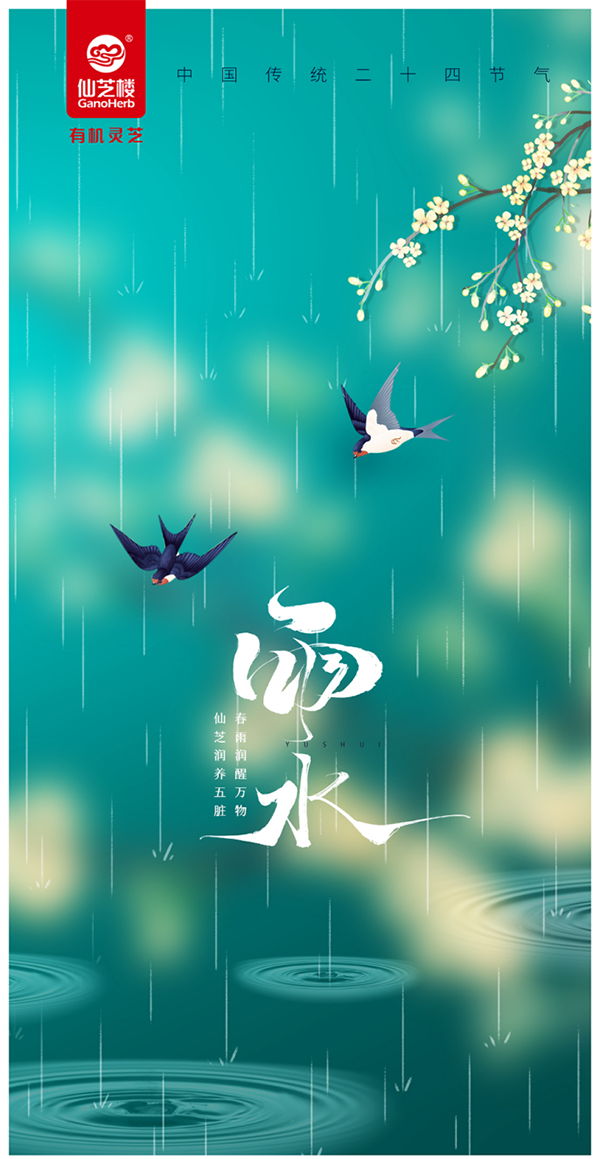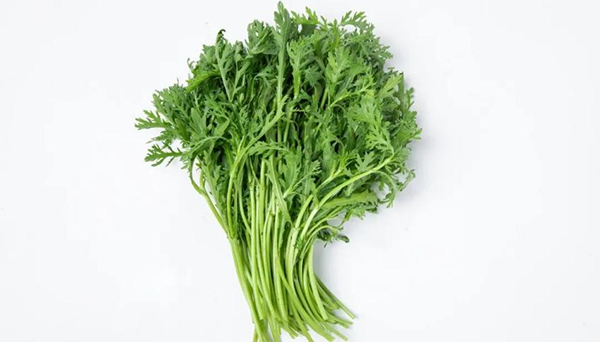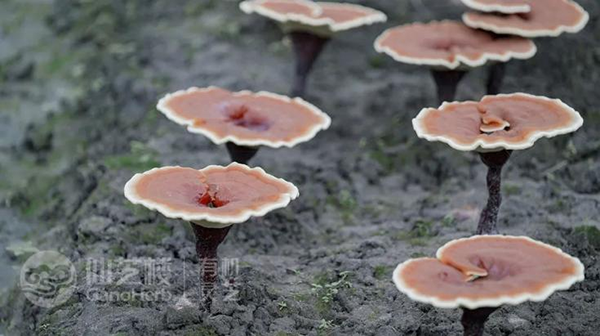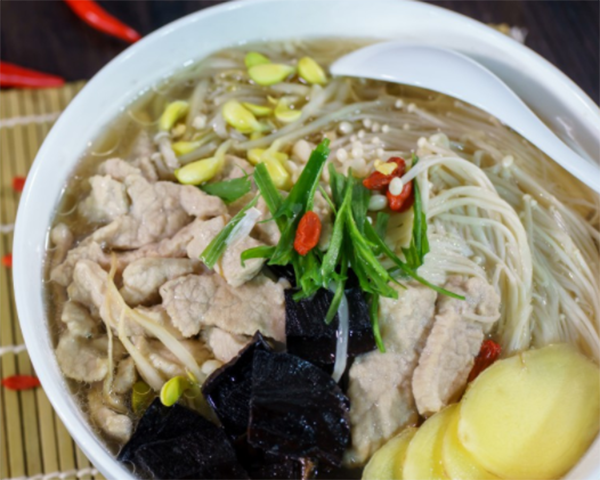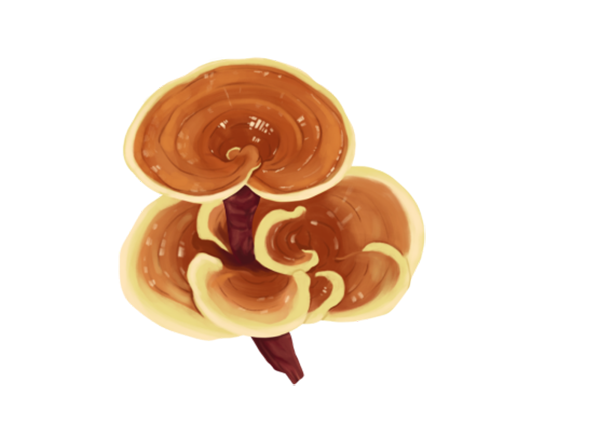As the temperature rises, yet retains a hint of coolness, the frozen landscape transforms into clouds. These clouds then shower the mountains and rivers with spring rain. The second solar term, Rain Water, graces us on February 19th. Following this period, anticipation builds for the sight of fish gliding through the water, geese soaring in the sky, and trees budding with new life.
In the misty rain, during this solar term filled with imagination and poetic charm, people also engage in traditional customs such as “La Baobao”, “Zhuang Baiji”, and “Jie Shou” to pray for smoothness and well-being.
However, Rain Water is one of the solar terms with the most cold waves throughout the year. The weather is unpredictable, and the dampness comes with the “cold”. Therefore, in terms of eating, dressing, and living, we should all act in accordance with this solar term.
After the Rain Water solar term, cold and warm air will still frequently “compete”. The weather fluctuates between warm and cold, and occasional spring chills occur. Therefore, it is very necessary to correctly grasp the method of “Spring Covering”.
The practice of “Spring Covering” involves dressing in a manner that is “thin on top and thick on the bottom”, ensuring that the back, abdomen, and soles of the feet are well covered.
1. Keeping the back warm protects the “Sea of Yang Vessels” — the Governor Vessel, reducing the occurrence of colds.
2. Keeping the abdomen warm helps prevent indigestion and cold-induced diarrhea.
3. “Cold arises from the feet”, only when the feet are warm can the body truly become warm.
Eat according to the phenology, strengthen the spleen and stomach, and dispel dampness and cold.
Although the Rain Water solar term still carries a chill, the Yang energy within the human body has already begun to grow. Changes in climate and irregular diet can increase the burden on the spleen and stomach. Therefore, during the Rain Water solar term, it is advisable to eat in moderation, and it is best to feel seven-tenths full in daily meals.
Traditional Chinese Medicine believes that the rising Yang energy in spring mainly corresponds to the liver in humans and is closely related to the spleen. In terms of diet, it is advisable to eat less sour and more sweet foods. Foods such as dates, spinach, water chestnut, sugarcane, Glebionis coronaria, and yam can be consumed more.
In spring, for liver and spleen nourishment, you might try the “neutral” superior medicine, Reishi.
Professor Du Jian, a renowned national TCM practitioner, said in the second episode of “The Discourse on Ganoderma and Vital Energy”, “Ganoderma lucidum has a sweet taste and enters the spleen meridian. It enables the spleen and stomach to normally absorb the essence of food and water, thereby replenishing the vital energy. Ganoderma lucidum enters the liver meridian, where it helps to eliminate toxins. Ganoderma lucidum also enters the heart meridian, where it helps to tranquilize the mind and indirectly protects the liver, making one full of vitality.”
Ganoderma is rich in amino acids and proteins, as well as polysaccharides and triterpenoids. It not only has a liver-protecting effect but also has the function of expelling pathogens. It is a top choice in traditional Chinese medicine for “replenishing liver qi”.
Recipe | Meat Slice Soup with Ganoderma and Bean Sprouts
Protect the Liver and Stomach, Calm the Mind and Aid Sleep
[Ingredients] 10g of organic Ganoderma sinense slices, 100g of Enoki mushrooms, 150g of bean sprouts, 2 slices of raw ginger, 200g of lean meat
[Method] Boil the Ganoderma sinense slices in water and set aside. Stir-fry the lean meat in a pot, then add the Ganoderma sinense water, Enoki mushrooms, bean sprouts, and ginger to cook together. Finally, add the seasoning.
[Medicinal Meal Explanation] Regular consumption of this medicinal meal can boost the immune system, improve appetite, and lower cholesterol.
In the early spring, the chill has not yet dissipated. Even if the afternoon wind is warm, the mornings and evenings remain damp and cold. Traditional Chinese Medicine states: “Dampness hinders the spleen,” meaning that dampness directly affects the spleen and stomach.
As stated in “Ordinances Worth a Thousand in Gold,” it is advisable to drink congee in the spring. It is suggested to cook congee with lily, Poria, lotus seed, and yam to achieve the effect of strengthening the spleen and dispelling dampness.
Furthermore, in daily life, one should adopt active health preservation methods, such as practicing the Baduanjin Qigong, Five-Animal Exercise, flower appreciation, calligraphy, etc., to cultivate one’s temperament, and maintain emotional stability.
“A good rain knows its appointed time, right in spring it brings things to life.” Amidst a night of gentle breeze and drizzle, the grass and trees begin to sprout, and the world is filled with vitality. Cheering for the light rain, advancing towards the morning sun, all the beauty will arrive as expected.
Post time: Feb-25-2024

